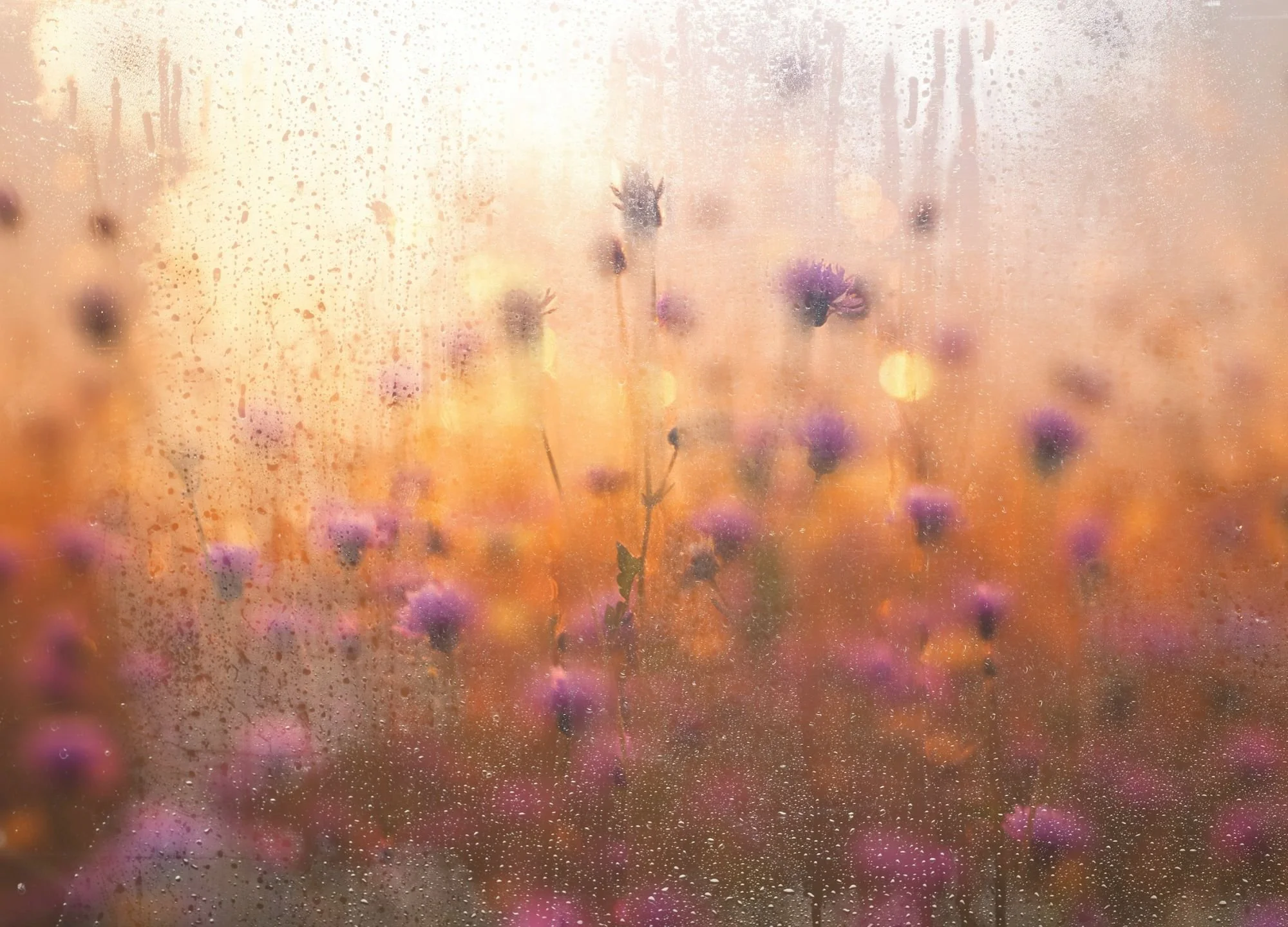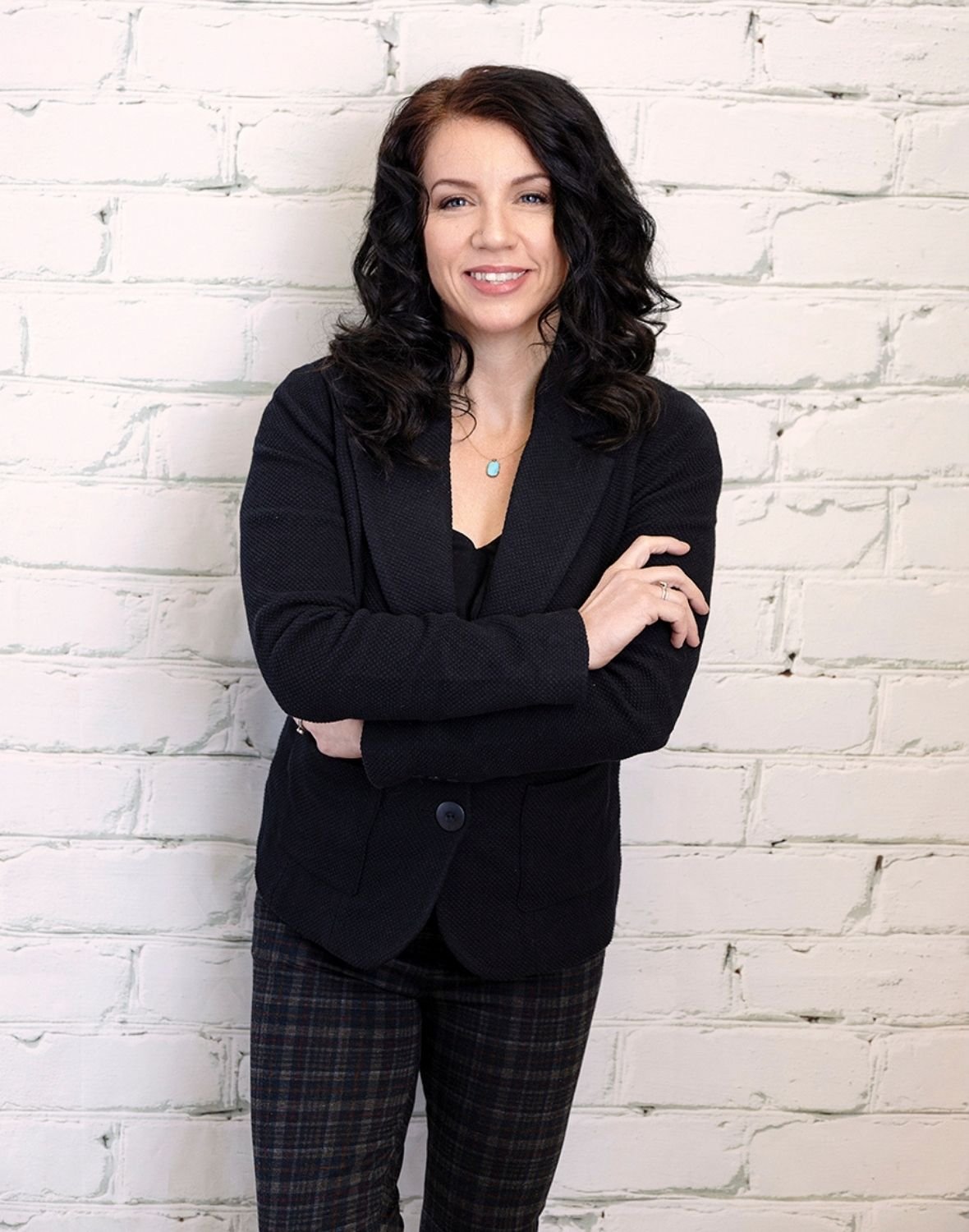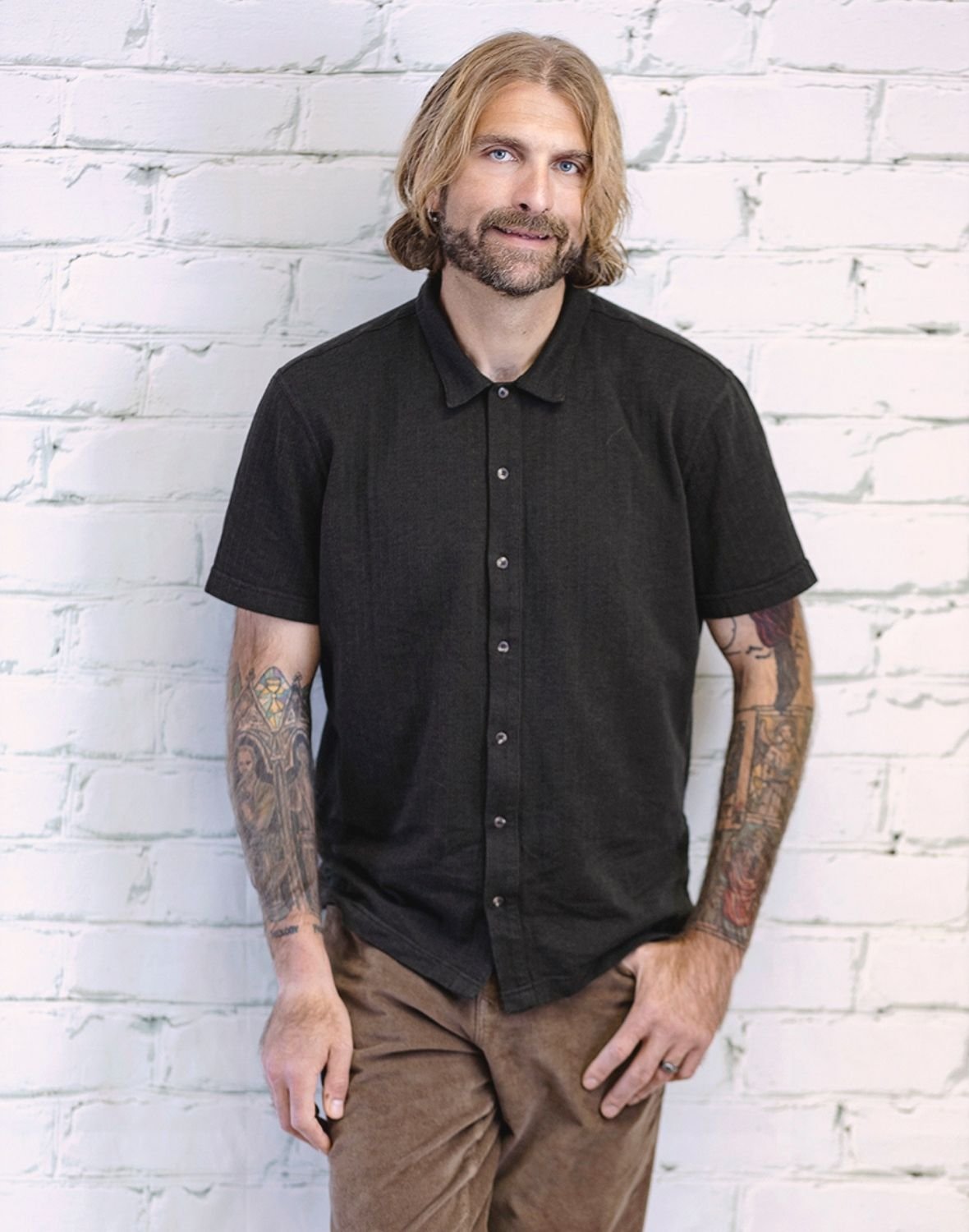
Five Relationship Archetypes
You can think of your Relationship Archetype
as your “relationship personality.”
It’s who you are and how you express yourself in relationships.
Your Relationship Archetype shapes how you show love, what makes you feel cared for, what you do when there’s conflict in your relationship, and how you navigate boundaries and individual differences in a relationship.
Your Relationship Archetype is like your style in a relationship. It reflects your basic blueprint of how relationships work. It influences the type of partner you’re drawn toward, as well as the kinds of challenges you’re likely to encounter in your relationships.
Curious what your Relationship Archetype is? Take the free quiz HERE.
The Five Relationship Archetypes
The Innocent Dreamer
Innocent Dreamers are visionaries who can see the future potential of a relationship clearly, even when reality doesn’t quite match. Deeply empathetic, they respond compassionately to the suffering and struggles of others. Despite past hurts, Innocent Dreamers are able to love with an open heart. Relationship challenges for Innocent Dreamers include overlooking warning signs that a relationship isn’t healthy and devaluing their own worth and value in a relationship.
The Passionate Warrior
Passionate Warriors are loyal, determined, and capable. They’re able to set boundaries, express themselves, and stand up for what they think is right. Their drive and integrity allow them to move forward in the world with fierce confidence. At times, their tenacious self-reliance masks their difficulty letting down their walls and getting close to a partner. Passionate Warriors’ growth edge is learning when—and how—to drop their armor and lean on others.
The Sunny Romantic
Sunny Romantics know the value of looking on the bright side. Devoted in longterm relationships and deeply sensitive, Sunny Romantics have a powerful ability to fully enjoy the pleasure of the present moment. Relationship challenges for Sunny Romantics include difficulty getting in touch with their feelings or relating to the deep feelings of partners, conflict avoidance, and a tendency to steer clear of difficult conversations in relationships.
The Hidden Gem
Hidden gems are multifaceted, which empowers them to feel at home in almost any situation. They have an intuitive ability to understand others at a deep level and a commitment to personal growth. In relationships, their ability to read others translates into trying to become the person they think their partner wants, rather than being authentically themselves. Their challenge is learning how to express their full self in a single relationship.
The Abundant Nurturer
Abundant Nurturers are warm, caring, and generous when it comes to meeting others’ needs. They’re also highly capable and effective, which means that their own needs are frequently overlooked by those around them. Because they often end up in the supportive role in multiple relationships, the challenge for Abundant Nurturers is learning how to express their own needs and develop the skill of receiving as well as giving.
What’s your Relationship Archetype? Take the free quiz and find out.
Just like an acorn contains everything it needs to grow into an oak tree, we’re each born with our own unique complement of all Five Relationship Archetypes.
Of course, an acorn can only grow into a thriving oak tree when it’s planted in a nourishing environment. As humans, we also need the right kinds of nurture and care to blossom into the fullest expression of our authentic selves.
Most of us don’t get that during childhood.
Instead, we’re taught that who we are—our truest, most essential self—isn’t good enough. We’re told that certain parts of ourselves are unacceptable and unwelcome in our family. As children we do what we need in order to get along and to survive—so we put those parts of ourselves away in order to get approval and keep ourselves safe.
By the time we become adults, we’ve lost touch with vital aspects of ourselves.
Children are amazingly skilled at learning the unspoken rules of their environment, especially when it comes to learning how to get along in relationships.
Over time, those family rules about relationships become your ingrained beliefs about how the world works … and how relationships work.
These are beliefs like: “I have to sacrifice my own needs in order to be loved” or “I need to take care of myself because I can’t depend on anyone else” or “I have to choose between being myself and being in a relationship” or “It’s better to give in and avoid conflict” or “If I try harder, I can make this relationship work.”
Learning the rules of your family helped you survive your childhood.
But those beliefs you internalized about relationships don’t just disappear once you’re an adult. Unless you take the time to uncover how these limiting beliefs about relationships affect you, they’ll keep operating in the background of your relationships … outside your conscious awareness … where they still have the power to create problems in your relationships.
core wounds from childhood don’t stay in the past.
Experiencing relationship trauma in childhood creates wounds that don’t automatically heal with time.
In adulthood, these core wounds can affect your relationship with yourself and relationships with intimate partners, friends, even coworkers.
If you recognize yourself in any of these statements, your childhood wounds are still affecting you …
“My needs don’t matter.”
“Nobody really gets me.”
“My value comes from what I do for others.”
“I can’t rely on anyone except myself.”
“I’m too sensitive.”
“I can’t trust anyone.”
“I’m too much.”
“I’m not enough.”
Core wounds from childhood don’t stay in the past …
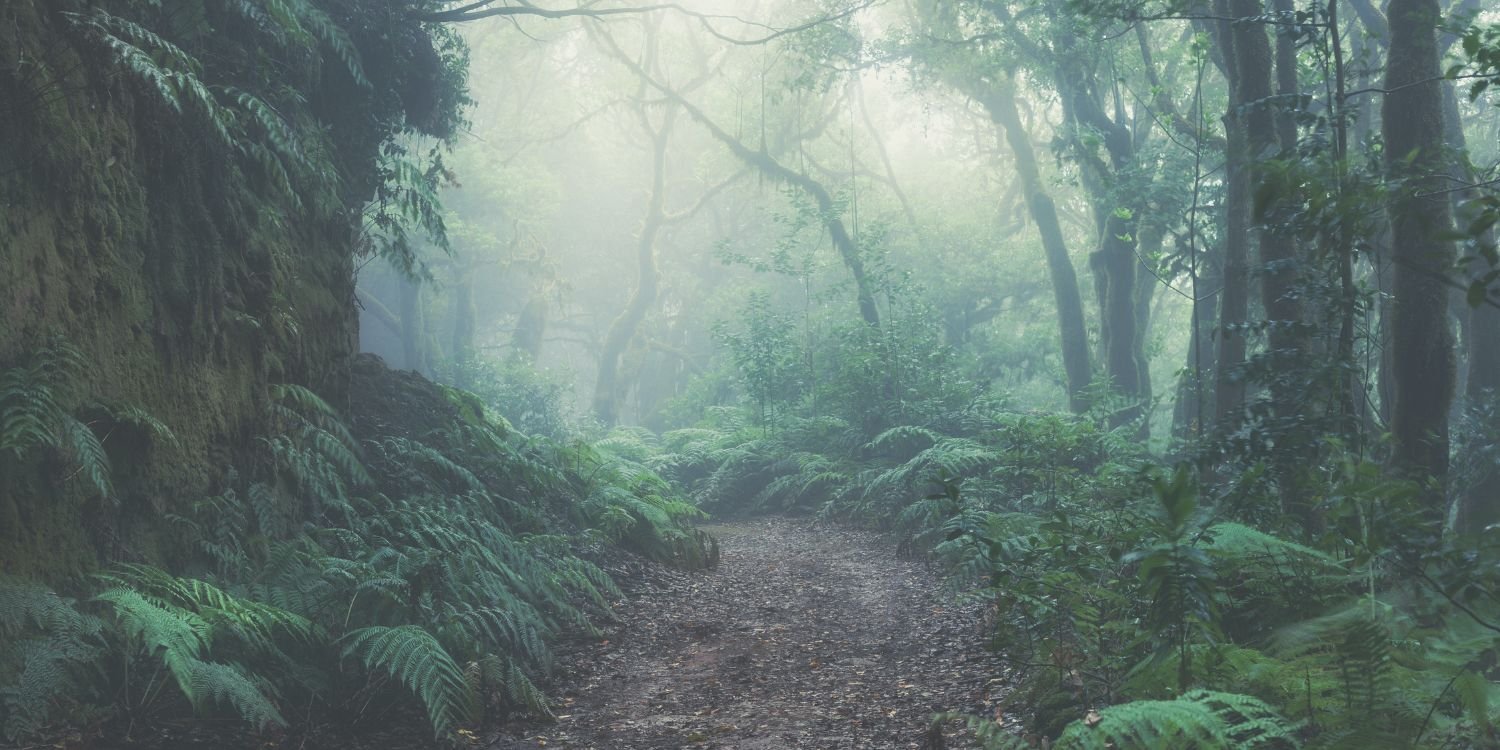
but What once was wounded can now be healed.
Connection is the medicine that heals past relationship trauma.
Research demonstrates again and again that the quality of your connections determines your overall quality of life.
From the moment we’re born, we’re wired to connect with others. Being human means being in relationship—with ourselves, with others, and with the world around us.
Feeling connected begins with reconnecting with the parts of yourself that you lost along the way … the parts of yourself that weren’t welcomed, honored, or safe to express when you were growing up.
THAT’S WHERE THE FIVE RELATIONSHIP ARCHETYPES COME IN.
Once you understand your Relationship Archetype, your experience in relationships starts making more sense.
‣ You see connections between things in your life that had seemed unrelated to each other.
‣ You can recognize patterns that keep popping up in your relationships.
‣ And you understand why you keep falling into the same patterns … despite your best efforts to change things.
That’s the magic of the Five Relationship Archetypes—the way they let you see the whole picture … finally.
Each Relationship Archetype comes with its own unique—and essential—gifts.
And each archetype also has its own particular challenges, which need to be balanced by the gifts of the other four archetypes.
Each of us is born with access to all five archetypes. But as we lose touch with parts of ourselves during childhood, we also lose our connection with the archetypes whose gifts weren’t welcome in our family.
For example, one of the gifts of the Passionate Warrior archetype is the ability to say no. In healthy relationships, you can say no without being afraid of negative consequences. But if you grew up in an environment where expressing your preferences and saying no would have gotten you in trouble, it wouldn’t be safe for you to ever express your inner Passionate Warrior.
The good news is that even though you’ve lost touch with some of the archetypes, they’re all still there—waiting for you to reconnect, so they can share their vital gifts with you.
True fulfillment in relationships depends on accessing these gifts and rediscovering your whole, authentic, beautiful self.
learn more about the five relationship archetypes
$20
Create deeper connections and more satisfying relationships.
▻ Learn about all Five Relationship Archetypes—their particular gifts, challenges, and opportunities for growth.
▻ Discover how your primary Relationship Archetype interacts with each of the other archetypes in intimate relationships. This will give you deeper insight into the patterns you may be experiencing in your intimate relationships (both past and current).
▻ Discover your unique Five Relationship Archetypes profile. Once you take our extended Archetypes Profile Quiz, you’ll get results for how you score all Five Relationship Archetypes. This helps you understand more about your unique blend of the Five Relationship Archetypes. (And if you’re partnered, your partner can take the Profile quiz too.)
▻ Develop a greater awareness of how your past relationship wounds can create unbalanced expressions of the archetypes and discover how to balance your primary Relationship Archetype by accessing the gifts and talents of the other archetypes.
▻ Explore new ways to change unsatisfying patterns in your relationships.
▻ Connect with yourself on a deeper level. Grow in self-awareness and appreciation of your uniquely beautiful self.
Get Relationship advice delivered to your inbox.
What’s Your Relationship Archetype?
Take the Five Relationship Archetypes quiz and find out how to use your unique gifts to create deeper, more satisfying relationships.
about us
We help those with painful childhood experiences to heal your relationship with yourself, deeply connect with others, and learn the skills for having fulfilling relationships.
We’re the creators of the Five Relationship Archetypes. We’re also the hosts of the Alchemy of Connection podcast and the creators of the Relationship Yes! Test.
We founded the Institute for Trauma Informed Relationships to provide certification and consultation to therapists and coaches in Trauma Informed Relationship Counseling for Individuals and Couples.
Angela Amias, LCSW
Fulfilling relationships are an essential part of living a good life and yet, many of us (perhaps even most of us) have core wounds from childhood experiences that affect our ability to have the kinds of intimate relationships in adulthood that we long to have. As a licensed therapist, I’ve worked with hundreds of individuals and couples to help them heal past trauma and create more meaningful, satisfying relationships with themselves and with intimate partners.
Alongside Daniel, I developed the Five Relationship Archetypes as a model that reflects the different ways that childhood relationship trauma impacts our adult relationships. This model takes into account our unique and inborn temperaments as well as the kinds of messages we internalize during childhood—about ourselves and how we need to be in order to have relationships with others. And, more importantly, it lays out a path toward healing, by first helping you reconnect with the parts of yourself that you lost along the way … parts that weren’t accepted or safe to express when you were growing up.
It’s my belief that difficult experiences break us open to become more of who we are meant to be. As a trauma survivor myself, and as a therapist, I’ve made it my mission to walk alongside others as you find your path toward healing and discovering a life of more meaning and joy.
I’ve been a featured relationship expert in many publications, including Today, Oprah, Cosmopolitan, Well + Good, The Independent, Salon, Inc., Forbes, Toronto Sun, Women’s Health, Refinery29, and many others.
You can read my full bio HERE.
Daniel Boscaljon, PHD
The most important relationship you’ll ever have is the one you have with yourself. It’s also true that your connections with others can never be better than your relationship with yourself, which is why healing painful or traumatic experiences from childhood is such a vital part of having meaningful, satisfying relationships in adulthood.
My own personal search for how to cultivate a meaningful life came after years of feeling disconnected from others and from myself. Though I entered graduate school focused on the intellectual aspects of earning a PhD in Religious Studies (and then another one in English), I discovered along the way how to use what I learned to repair the inner fractures of my own life. As I reconnected with myself, I found that I was better able to connect with others as well.
As an award-winning teacher with over twenty year of experience working with individuals and couples, my mission is to translate theories of love into practical guidance that helps you create meaningful, fulfilling relationships. I’ve presented internationally on the topics of love and intimacy.
As a relationship expert, I’ve been featured in many publications, including NBC News, Newsweek, Harper’s Bazaar, MindBodyGreen, Forbes, Salon, Fast Company, Business Insider, Fatherly, and AskMen.
